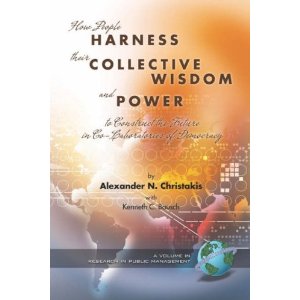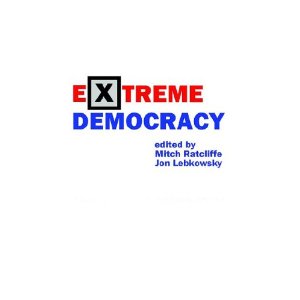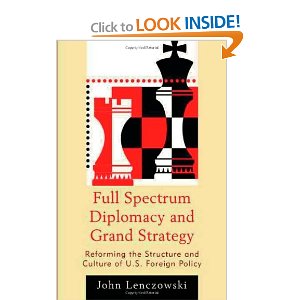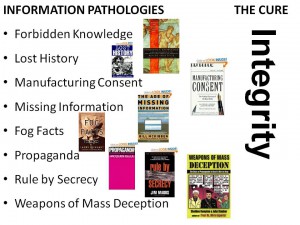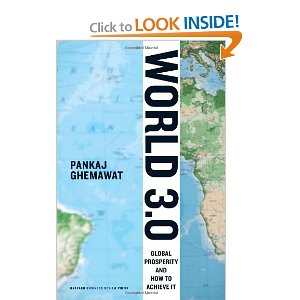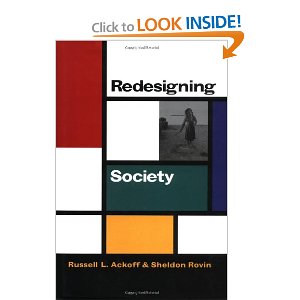
Russell Ackoff and Sheldon Rovin
5.0 out of 5 stars 6 for Democracy as Design, 4 for Fragmentation, 5 on Balance,December 15, 2011
I bought this book after being turned to Reflexivity by Dr. Kent Myers, principal author of Reflexive Practice: Professional Thinking for a Turbulent World–disclosure, he profiled me in that book, to my great surprise, as good a gong as one could ask for. This is a great book, alongside which I recommend Buckminster Fuller's books Critical Path and Ideas and Integrities: A Spontaneous Autobiographical Disclosure, and the more recent book from Medard Gabel, co-creator with Buckminster Fuller of the analog World Game, Designing a World That Works for All: How the Youth of the World are Creating Real-World Solutions for the UN Millenium Development Goals and Beyond.In that context the book is a five. I completely agree with the earlier review that graded it a four on basis of spottiness (some great chapters, some not so great), but I upgrade it to 5 for two reasons: first, because the entire book has an explicit focus on Democracy As Design and Democracy as a System of Systems that cannot be “broken down” the way science strives to break down what it studies. In Democracy, as in Reflexivity, the engaged participants are wild cards, nothing can be predicted, agility and resilience are everything, and it is the relationships (the Yang) rather than the objects (the Ying) that really matter. That is six-star stuff no contest.

